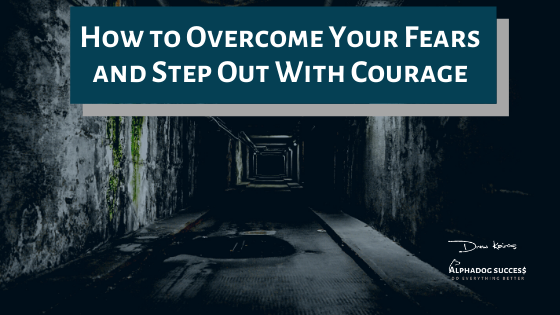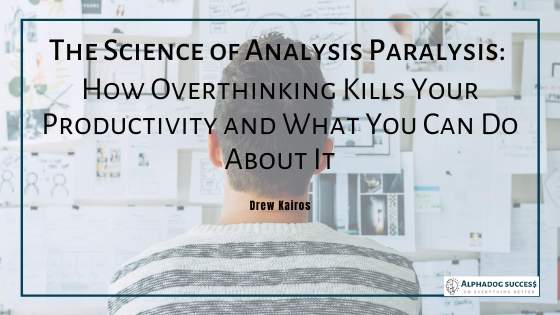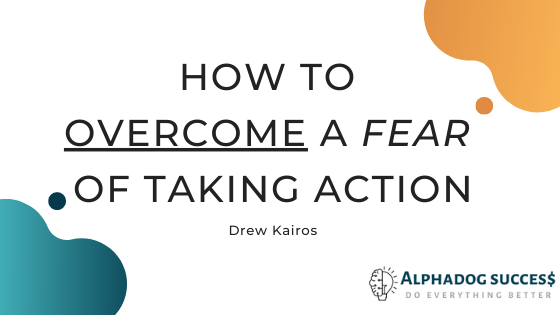How to Overcome Your Fears and Step Out With Courage
How to Overcome Your Fears British adventurist Sir Ranulph Fiennes has been called the world’s greatest living explorer. He’s navigated some of the world’s most challenging and inhospitable places on earth including trekking the Antarctic and both North and South Poles, unsupported and on foot. When Fiennes was in his 60’s, he decided to overcome his severe fears of heights by climbing Mt. Everest. On his second attempt, hundreds of feet short of the summit, he suffered severe chest pains, at night, dangling from a rope on a near vertical ice wall at 29,000 feet. Frozen and in pain, he turned around and somehow managed to descend. He lived to tell the tale, running a marathon a mere 16 weeks after his near fatal heart attack. When it comes to facing your fears how daring are you? Do you turn tail and head in the opposite direction? Do you waver and hope the feeling passes? Or, do you, like Fiennes, stand firm and always face your fears head on? Picture what your life would look like if you consistently faced off against your fears, both big and small, with the fearlessness of someone like Sir Ranulph Fiennes. What would it feel like to boldly stare down and confront your fears, never letting them interfere with what you want to accomplish? Imagine what you could achieve if you never again let fear get in your way. The truth is, the closest most of us will get to scaling Mt. Everest is flying past it en route to a comfortable vacation destination. But there is good news; you don’t have to be an adrenaline junkie, risking life and limb, to be fearless. Life offers plenty of everyday opportunities for us to face our fears. Whether it’s asking your crush out on a date, speaking in public, or asking for a raise, no fear is too big or too small to challenge – and we all have within us the potential to be fearless. The first step to overcome your fears and become more fearless begins with understanding fear. What it is, what scares us (and why), and how fear holds us back from living a full and fulfilling life. Once we gain some insight into our fears, fearlessness can become second nature. If you want to be more fearless, more often, let’s start by exploring what scares you. “Don’t be afraid of your fears. They’re not there to scare you. They’re there to let you know that something is worth it.” C. JoyBell C. We all know what fear feels like – dread, tension, difficulty breathing, rapid heartbeat, sweating, racing thoughts, and ‘butterflies’ are just a few of the feelings we associate with fear. It’s no wonder so many of us choose, one way or another, to sidestep our fears. After all, who wants to feel those uncomfortable feelings? What if these fears aren’t designed just to scare you? What if, instead, your fears were a doorway into new and exciting prospects? Could fear be an opportunity for personal growth in disguise? What is Fear? The word ‘fear’ derives from the Old English word faer, meaning sudden attack, peril, or danger. Simply put, fear is an emotional response to a perceived threat. It’s primitive, powerful and universal. Fear is like an internal alarm, it’s design warns us and protects us from danger. There are two types of fear responses: biochemical and emotional. Biochemical Fear is a natural emotion resulting from a perceived threat and its design makes us more alert and responsive as a way to survive. When this happens, our bodies respond in specific ways such as sweating, increased heart rate, increased awareness, and high adrenaline levels. This state of fear is often referred to as a “fight or flight” response. Emotional Fear differs from person to person. Because fear involves some of the same chemical responses in our brains similar to happiness and excitement, feeling fear under certain circumstances can be seen as fun. For example, the fears you experience with watching a scary movie, riding on a roller coaster, or venturing into extreme sports, create emotional fear. Some people like emotional fear, however, there are others who have negative reactions to emotional fear and try to avoid fear-inducing situations all together. Although the physical reaction is the same, this type of fear may be perceived as either positive or negative, depending on the person’s perspective. What are We Afraid of? While most of us aren’t facing the same threats our ancestors did, we still face threats in our day-to-day lives that cause us stress. What are we so afraid of? Quite a lot, as it turns out. Public speaking, flying, and death are often touted as the things we fear the most and, while those fears are real, our dread go much deeper and wider than a potential bruised ego, gravity, and our inevitable demise. According to The Chapman University Survey on American Fears, our biggest fears of 2018 include: government corruption, the state of the environment, danger befalling loved ones, and personal finances. Fears that didn’t crack the top 10? Public speaking (#59), death (#54), and flying (#82). Regardless of ranking, the survey suggests there is no shortage of fears to keep us up at night. The survey also suggests more people than ever are afraid, and fear, in general, is on the rise. All this dread is having a significant negative impact on our lives. For example, fear can make us; hesitate, procrastinate, experience creative blocks, and be averse to risk, all of which can lead to low accomplishment. That can cause stress. That stress can lead to cognitive impairment, an increased risk of heart disease, premature aging, relationship conflicts, depression, and more – and a cycle of fear is born. That cycle can leave us feeling like we’re just going through the motions of life without really living. “My life has been filled with terrible misfortune most of which never happened.” –Michel de Montaigne Putting
How to Overcome Your Fears and Step Out With Courage Read More »





